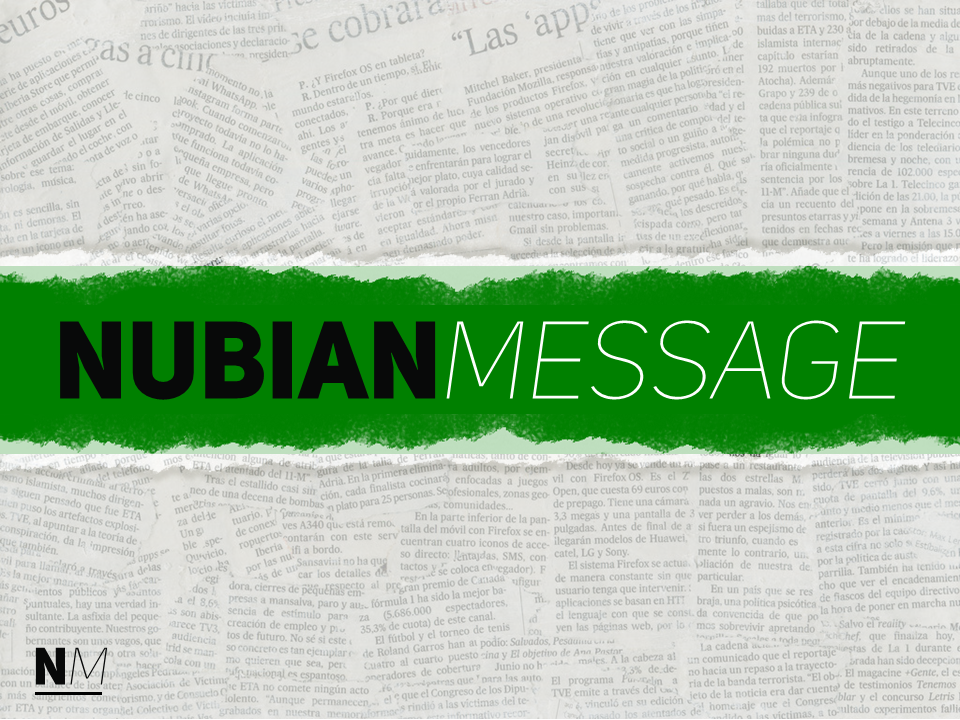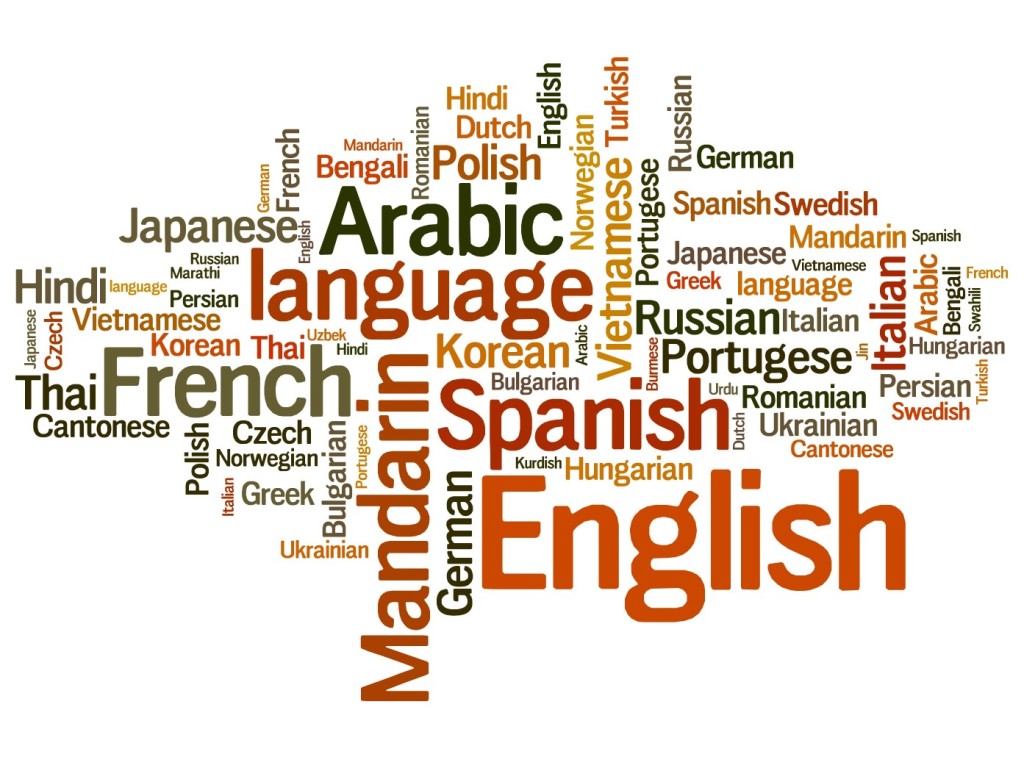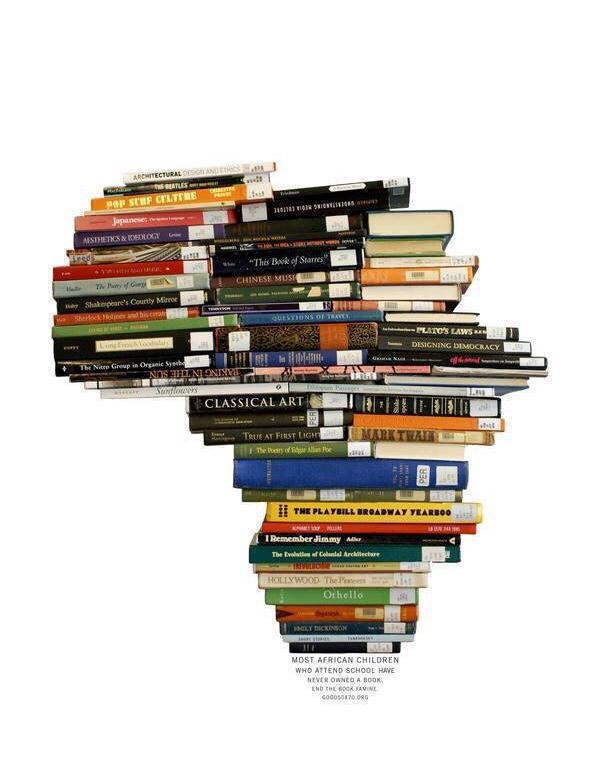Nubians are a people from northern Sudan and southern Egypt with a long and proud history. Between the 16th and 19th centuries, many Nubians migrated to remote areas along the Nile. In the 1960s, they faced cultural disintegration when their villages were flooded by the Aswan High Dam, which was constructed on the first cataract of the Nile River between 1960 and 1970.
Thousands of Indigenous Nubian people who live along the Nile River could lose their ancestral land, livelihood and culture due to the construction of the new Kajbar dam. The Chinese company Sinohydro, probably the world´s largest hydropower company, announced it had won a $705 million contract to build the Kajbar dam hydropower project for a period of five years. The Kajbar Dam lies along the Nile River in an area inhabited by the indigenous Nubian people who for centuries have lived along the shores of the Nile River but the construction of a hydropower project by the Chinese Company threatens to tore apart their rich culture and traditions that they have preserved for years. Construction of dams along the Nile River by Sudanese and the Egyptian government has seen displacement of thousands of the Nubian community who up to date live in asbestos roofed houses in the country´s semi-arid areas.
In the 1960´s, around 120, 000 Nubian people were displaced from their ancestral lands in Sudan and Egypt for the construction of the Aswan Dam. Within Sudan the community was moved to an irrigation scheme 700 kilometers away thus blocking them from practicing traditional cultures and rites. Since the announcement of the construction of the Kajbar Dam on the Nile´s third cataract was made, tension has gripped the Nubian people who have vowed to oppose the intended construction. The Nubians fear that construction of the Dam would lead to displacement, extinction of their language and culture as they could be relocated hundreds of kilometers away from their main source of livelihood.
“We will never allow any force on the earth to blur our identity and destroy our heritage and nation. Nubians will never play the role of victims, and will never sacrifice for the second time to repeat the tragedy of the Aswan Dam,” says a member of the Nubian Association.
The Nubian community started opposing the construction of the Dam as early as 2007 immediately after the government announced plans to construct several dams along the Nile River. The committee cited that they were not consulted as the ancestral owners of the land and such an investment on their land would amount to violation of their human and land rights. In 1954 the Egyptian government and Sudanese government signed an agreement to build the High Dam which surrounds the Sudanese Nubian Indigenous land with the establishment and release of the water from the High Dam, the Indigenous Nubians living in Old Haifa were forcibly displaced and driven to the city now known as New Haifa in Eastern Sudan in 1964.

This new area, that the Indigenous Nubian from Old Haifa were forcibly displaced onto, had a completely different climate. The land was vast but the water was scarce so another dam was built, the Khash Algrba Dam in New Haifa, to bring water to the people. With this on their minds, the few remaining Nubians on the shores of the Nile River fear that they might be subjected to the same conditions as those of Old Haifa who continue to face a myriad of challenges in their new land. Though the government has continued to support this community to adapt to their new land, new challenges such as disease have continued to wipe out the community as a result of resettlement in a totally different climatic zones and poor housing. The houses the government provided in New Hafia were built with contaminated asbestos roofs, many Indigenous Nubian People who live in these asbestos roofed houses, since the building of the High Dam, have developed many forms of cancer due to the asbestos contamination.
The construction of the Dams along the Nile River has had a negative impact on the indigenous Nubian people. They have lost their Indigenous cultural, ancestral land, artifacts, regalia and sense of identity and the further construction of dams in Nubian land would create fear among the community that has already lost some of their vital traditions due to immense displacement that has led to unsustainable development. I observed that the Knash Algrba Dam which was the main resource for farming and water sustainability for the Indigenous Nubians in New Haifa has been completely blocked due to silt build up. This unfortunate occurrence has caused drought and famine amongst the displaced Indigenous Nubian People living in New Haifa. The community have expressed fear that the construction of the Kajbar Dam could result in a similar problems experienced by fellow Nubian people relocated to new Haifa areas.
Until recently, it seemed that plans to build the Dal and Kajbar dams had been abandoned. But in early November, Sudanese president Omar al-Bashir paid a visit to the Saudi king in Riyadh to discuss ways of promoting bilateral relations and cooperation between the two countries. Following the meeting, the two governments signed an agreement to finance the Dal, Kajbar and Shiraik Dams in northern Sudan. It appears that Saudi Arabia has committed to invest US$1.7 billion for the construction of these three dams.
The dams and all the so-called associated economic benefits are just excuses the government is using to plunder the mineral resources in the region. They are not considering the people that they were elected to lead effectively. The lack of care from the government and their ineffectiveness of seeing what will happen to the Nubian nation is disheartening. They are willing to risk driving into extinction a whole ethnic group with rich culture and lifestyle.
According to reports, the construction of the Kajbar dam will displace more than 10,000 Nubians and submerge an estimated 500 archaeological sites.
We will continue to support the causes of the Nubian’s and continue to advocate for human rights.




